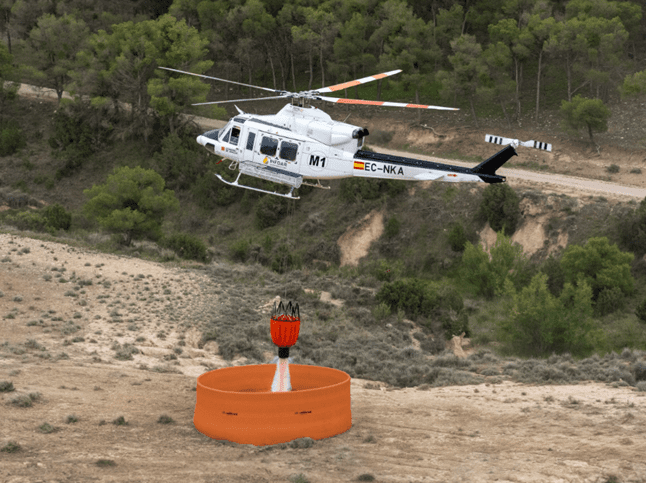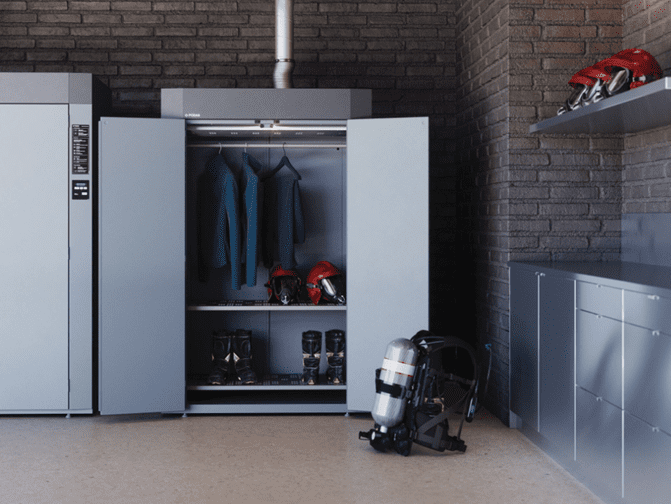Ian Moore, CEO, Fire Industry Association (FIA), talks to International Fire Buyer about the intricacies of the Covid-19 pandemic, the war against cladding and the Brexit transition
How has Covid-19 impacted the industry and what are FIA doing to aid the sector?
The impact to the fire safety industry is as damaging as many others. Restrictions on movement, economic hardship and an unknown conclusion place companies in unknown territory and just trying to get through it as unscathed as possible. That being said, the need for fire safety is as strong as ever and still required (and still a legal requirement in a number of areas) – it’s just a matter of convincing some people!
How we at the FIA are helping is by informing the industry of the latest changes, lobbying Government in key areas and clarifying what these messages mean. This is done by way of daily updates in a dedicated COVID section of our website.
One important clarification we sought was that of who is considered a Key Worker. This is vital to know as engineers need to get to site and factory workers need to continue to produce life safety products. We received a letter from the Secretary of State directly, informing us that people working in the fire safety industry were considered Key Workers – our members have been carrying a copy of this letter when they are travelling to a necessary site to confirm their status.
With the shift to remote working, do you think e-learning and digital training will continue post-covid?
Absolutely. Class room training will always be better due to the interaction of teacher to student and between students; added to this is the practical side of holding products and physically fixing, servicing equipment etc.
However, there is definitely a place for online training and hybrid (transmitting online a classroom session simultaneously) in a number of areas such as overseas and remote areas of the UK. We have a programme to roll out overseas training with a number of partners.
Aside from Covid-19, the industry is also facing the end of the Brexit transition period, do you think the industry is ready?
I would say no as I think a lot of people are “burying their head in the sand” hoping that the problem will go away. We are facing problems in a number of areas with one of the big one’s being the markings on products post Brexit. Everyone will know the CE mark that virtually every product has to show for conformity; well now we are preparing for products to no longer have the CE mark and move to a UKCA mark. This in my view is ridiculous as it will cost manufacturers a huge amount of money for absolutely zero gain. The quality of the product will not improve, it is just another uncalculated negative side effect of Brexit.
We are rapidly approaching 2021, do you expect any particular trends in the new year?
The “New Normal” will be remote working, meetings, training etc. The benefits, even though enforced to start with, are clear. The productivity will go up as there is no travel time, the cost of travel is zero and the effect on the environment is significantly reduced.
How do you think the recent agreement of re-mortgaging/selling without a EWS1 form will impact the industry?
I think it is a sensible direction, it’s a shame it has taken so long to get to this stage. The Government is not saying that EWS1 forms are not needed, just for buildings that are not in need of an intrusive survey such as brick buildings without cladding of any type. There are obviously a number of other factors, such as height, usage etc that will be taken into account, but it is a start in the right direction. The FIA have been involved in a number of areas to help resolve this issue via our fire engineering and fire risk assessment councils that can call on a wealth of knowledge from the membership.
One of our main contributions to the cladding issue has been the formation of a portal that houses all of the EWS1 forms. It has been built to be freely accessed by the public so that buyers and sellers of homes in blocks of flats can see if remediation work is required or not (a degree of valuation) as at the moment they are unsure whether an amount of money will be charged to the flat owner by the leaseholder to fix any potential cladding issues.
It is worth mentioning that there are many EWS1 forms that have been fraudulently issued, usually being issued by people that are not deemed competent to undertake such work. Part of the work we do is to check the name against pre-set registers and then ensure the forms are correctly filled out without alteration to the RICS (Royal Institute of Chartered Surveyors) template. Building the portal and checks we do are time consuming and expensive – however we run an “open book policy” to RICS forum to prove we are not doing this as a profitable enterprise.
Do you think we have successfully tackled the war against cladding yet post-Grenfell Tower?
No. At every turn the problem seems to be deeper than previously thought. We are making headway but this lack of management is decades in the making. One step closer is the soon to be released (mid 2021) PAS 9980 which is a code of practice for fire risk appraisal and assessment of external wall construction of existing blocks of flats, which the FIA working groups will be heavily involved in.
Needless to say, public opinion is high on the failings, and as tragic as the Grenfell Tower fire was, it is a rarity – we just need to ensure it doesn’t happen again. It is not just the cladding that is an issue, we still hold strong on the “stay put policy” that has proven to be successful over the years, the problem we have is ensuring the integrity of the designated compartment to contain the fire. That’s another story…









